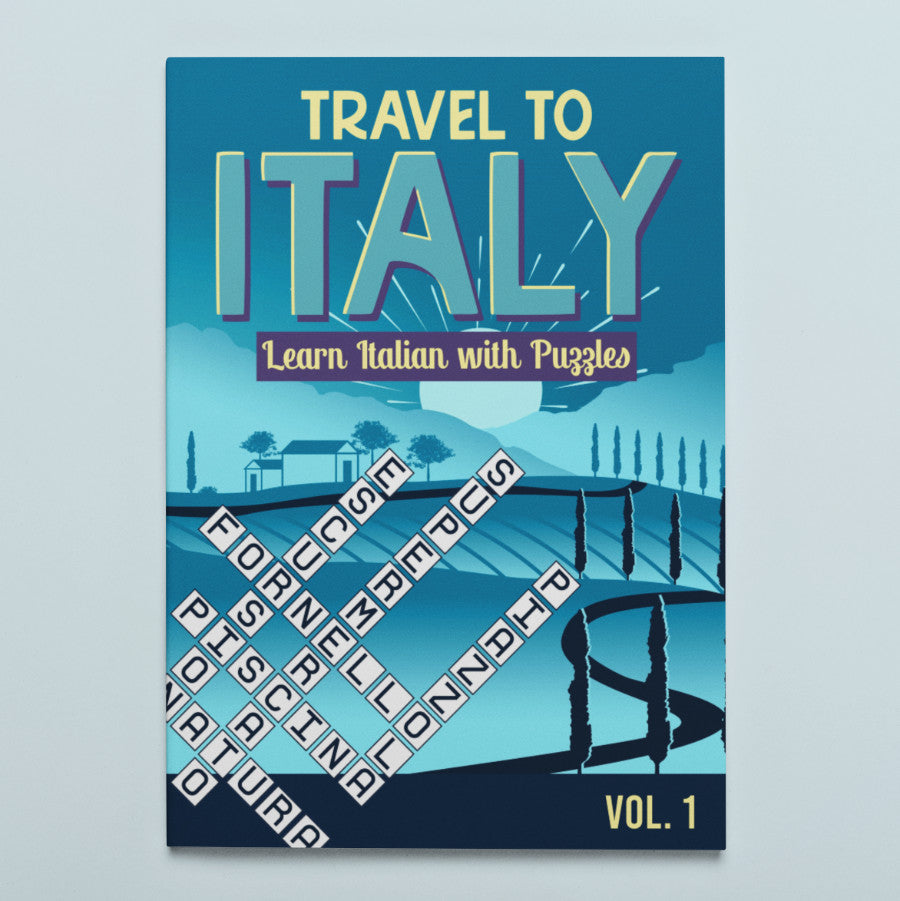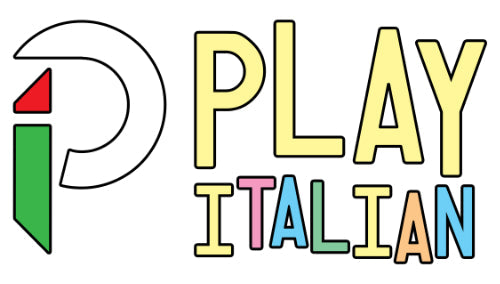When you arrive in a foreign country and you barely speak that language, well, it can be terrifying.
The first time I travelled to England from Italy I was only 17. I came with my friend Angela. On arrival we stayed with her Italian relatives in London, then we were asked to house-sit for a family-friend while she was away.
It was very exciting – two girls sharing a flat in London, the most amazing city in the world, in our eyes.
Our parents had given us some pocket money for this trip. And we were supposed to make it last for the whole summer.
At the time the Italian currency was the Lira and £1 was more or less 3,000 Lire.
Somehow, and to this day I don’t quite know how, in our head we had calculated that 1,000 Lire was the same as £1.
I guess the ratio of 1:1 seemed easier when buying things. And neither Angela, nor I, had ever been brilliant at maths.
So we went on a shopping spree. “Oxford Street, here we come”. Everything seemed so cheap and colourful. We bought clothes, accessories, gifts to take back home, bits and bobs.
And then we ran out of money.
When we finally sat down to count the pennies we had left, we couldn’t figure out where all those Lire we had exchanged for Pounds had gone. Until we did. And we were shocked. And embarrassed.
What were we to do?
Well, we had a roof over our head for a few weeks, and that was good. We just needed money for food.
So we started to look for a job. And we found one. It was in a snack bar in Regent Street.
Angela didn’t speak English, so her role was to wash dishes in the kitchen. I spoke “some” English and I was asked to serve the customers from behind the counter.
My training took place in 30 minutes. Sharon (the lady boss) showed me the list of sandwiches they offered: they had about 25 varieties. We would make them to order, while the customer waited.
That first day at work, my stomach was churning. I had been terrified before, but this was a whole new level.
Being in a foreign country, having to figure out what people were asking of you and then responding or doing something about it? And feeling like your life depended on it? (sort of). Try that for fun.
Anyway, being brave, I told myself: “what’s the big deal? Anyone can make a tramezzino” (that’s how we called sandwiches in Italy).
But when I looked properly, I realised they had different types of breads, in slices, (wholegrain, white, granary) and soft long rolls. Not the sort of breads we had back home.
Still, the real horror came when I observed the choice of fillings and condiments in the counter.
Ham and cheese I understood, prosciutto e formaggio was pretty standard; but all those other fillings mixed in with sauces were a real mystery. How would I match them to the names on the menu?
In Italy I was used to the standard panino con fontina, panino al salame, no sauces, no butter.
My only hope was that customers would point at the counter and tell me “I want that bread with that filling”.
Luckily, Sharon stuck around for the rest of the day and came to the rescue on a few occasions.
Eventually, that sense of terror, turned into a mild fear, and then relief, by the end of the first day.
Angela and I had made it! Our legs were aching like mad, as we’d been standing for over 8 hours – but we had earned our first bit of pocket money. We weren’t going to starve.
As the days went by, I started to get used to this summer job. I was less nervous about serving customers, and I started to understand what most of that they were asking for.
And yet, the English language is full of traps.
There was this guy who always ordered a sausage roll and a cup of tea. By sausage roll I mean a long soft roll with a sausage inside, similar to a hot dog, except the sausage wasn’t hot.
Easy. Every day he would order the same thing.
Until one day he asked for: “Two sausage rolls. No tea.”
The “no tea” bit was clear.
But “Two sausage rolls”?
An Italian (and possibly any other non-native English speaking person) would be confused by the number ‘two’ (indicating the plural) followed by the word ‘sausage’ being singular and then the word ‘rolls’ as plural.
How could you combine the three correctly?
So, I had to ask the guy: “Do you want two sausages in a roll?”
“No” was his reply.
OK, I could try the other option: “Do you want two rolls and one sausage?”
He said “No”.
Well, at that point, there wasn’t much left: “Do you want one sausage in one roll… two times?”
He smiled, and finally said: “Yes”.
In fact he laughed.
He thought I was joking. Little did he know.
So yes. If you ever are in Italy and find yourself in a situation where you don’t understand what you’re being told, or are unable to express yourself in Italian, remember: you’re not alone.
We all go through difficult patches when we learn a language, but little by little, un passo alla volta, you’ll get there.
And talking of panini and sandwiches mi ha fatto venire l’appetito.
I thought it would be fun to create a word search with the most common types of bread and fillings that you’re likely to find in a bar or paninoteca in Italy.

You can play with this word search here.


